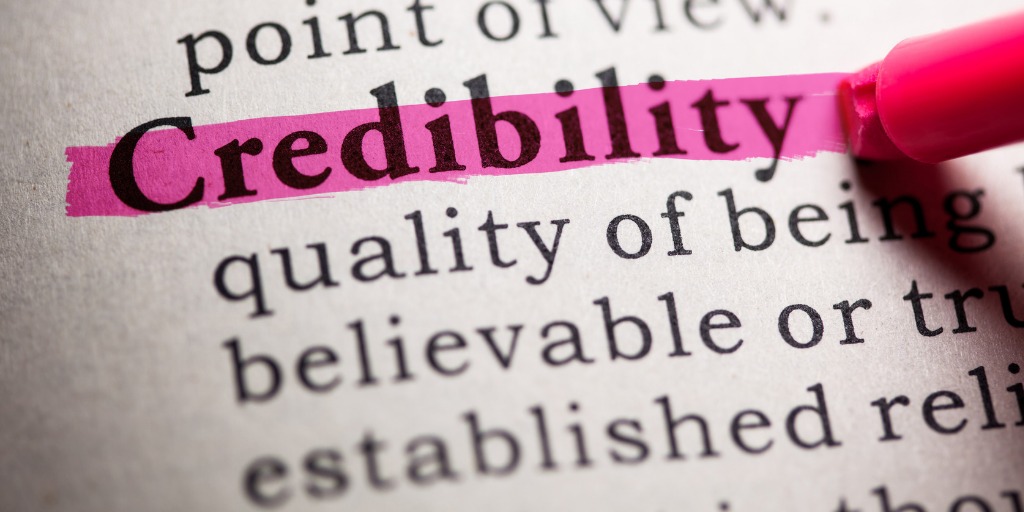Speaker credibility, also known as ethos, refers to the audience’s perception of the speaker’s trustworthiness, competence, and likability. It’s crucial for effective communication and engagement.
Understanding speaker credibility is crucial for effective communication. Speaker credibility, also known as ethos, refers to how trustworthy, competent, and likable a speaker is perceived to be. This article explores key aspects of speaker credibility and identifies which statements about it are true.

Speaker credibility is the audience’s perception of a speaker’s reliability and authority on a subject. Credibility is built on several factors:
- Expertise: Knowledge and skills in the subject matter.
- Trustworthiness: Honesty and integrity perceived by the audience.
- Dynamism: The speaker’s enthusiasm and confidence.
Credibility influences how much the audience believes and engages with the speaker’s message. A credible speaker can:
- Persuade the audience more effectively.
- Build stronger connections with the audience.
- Enhance the overall impact of their message.
Expertise involves having a deep understanding of the topic. This can be demonstrated through education, experience, and the presentation of accurate and relevant information.
Trustworthiness is the perception of the speaker’s honesty and integrity. It can be established by:
- Being transparent and honest.
- Providing evidence and citing reliable sources.
- Demonstrating consistency between words and actions.
Dynamism refers to the speaker’s energy and enthusiasm. It helps in:
- Engaging the audience.
- Making the presentation more lively and interesting.
- Showing passion for the topic.
Thorough preparation helps in building credibility. Knowing the subject well and anticipating audience questions can enhance a speaker’s confidence and credibility.
Clear and concise communication helps in conveying the message effectively. Avoid jargon and complicated language that might confuse the audience.
Engaging with the audience through eye contact, gestures, and interactive elements helps in building rapport and trust.
Also Read: Speaker Phone Not Working – Troubleshooting Guide!
Consistency in message and actions strengthens credibility. If your actions match your words, the audience is more likely to trust you.
Showing empathy towards your audience by understanding their needs and concerns can boost your credibility. Directly addressing these issues demonstrates your concern for your readers.
Being authentic means being yourself and not trying to be someone else. Authentic speakers are seen as more genuine and relatable.
While expertise is important, trustworthiness and dynamism also play crucial roles in establishing credibility. A speaker without formal expertise can still be credible if they are trustworthy and enthusiastic.
Credibility is a dynamic concept that is subject to change. A speaker must consistently demonstrate competence, trustworthiness, and enthusiasm to maintain credibility.
While the content is critical, the delivery method, body language, and interaction with the audience significantly influence credibility.
- “Expertise alone determines credibility.”
- False. Credibility also depends on trustworthiness and dynamism.
- “Credibility can change over time.”
- True. Credibility is a dynamic concept that may be shaped by continuous deeds and conduct.
- “Only speakers with formal qualifications can be credible.”
- False. Trustworthiness and dynamism also contribute to credibility, not just formal qualifications.
- “Engaging with the audience can enhance credibility.”
- True. Engagement builds rapport and trust, enhancing credibility.
- “Content is the only factor in determining credibility.”
- False. Delivery, body language, and interaction with the audience also play significant roles.

Some speakers are universally recognized for their credibility. Examples include:
- Steve Jobs: Known for his expertise in technology and his dynamic presentation style.
- Maya Angelou: Esteemed for her trustworthiness, authenticity, and empathy in her speeches.
Credibility can be damaged by inconsistency or dishonesty. Examples include:
- Political Scandals: Politicians caught in lies or corruption lose credibility quickly.
- Corporate Missteps: CEOs who mislead stakeholders or fail to deliver on promises can harm their credibility.
- Be Knowledgeable: Always stay informed about your subject. Continuous learning and staying updated with the latest developments in your field can enhance your expertise and credibility.
- Practice Honesty: Always be honest with your audience. If you don’t know something, admit it. Honesty builds trust and shows integrity.
- Show Enthusiasm: Be enthusiastic about your topic. Your passion can be contagious and can engage and inspire your audience.
- Use Reliable Sources: Cite reliable sources and provide evidence to back up your claims. This shows that your information is well-researched and credible.
- Get Feedback: Ask your peers and audience for their opinions. Constructive criticism can help you improve and maintain your credibility.
Expertise, trustworthiness, and dynamism contribute to speaker credibility. Expertise involves knowledge, trustworthiness is about honesty, and dynamism refers to the speaker’s enthusiasm and confidence.
A speaker can build credibility by preparing thoroughly, communicating clearly, engaging with the audience, and demonstrating empathy and authenticity throughout their presentation.
Yes, credibility can change based on the speaker’s actions, behavior, and consistency between words and actions. It requires ongoing effort to maintain.
No, credibility also depends on trustworthiness and dynamism. A speaker can be credible through honesty and enthusiasm, even without formal expertise.
Audience engagement is crucial for credibility. It builds rapport and trust, making the speaker’s message more effective and impactful.
Speaker credibility is vital for effective communication and includes expertise, trustworthiness, and dynamism. It’s important to be knowledgeable, honest, and enthusiastic while engaging with the audience to build and maintain credibility. Credibility can change over time, so consistent efforts in preparation and authenticity are essential for maintaining it. By understanding and applying these principles, speakers can ensure their messages are trusted and impactful.
